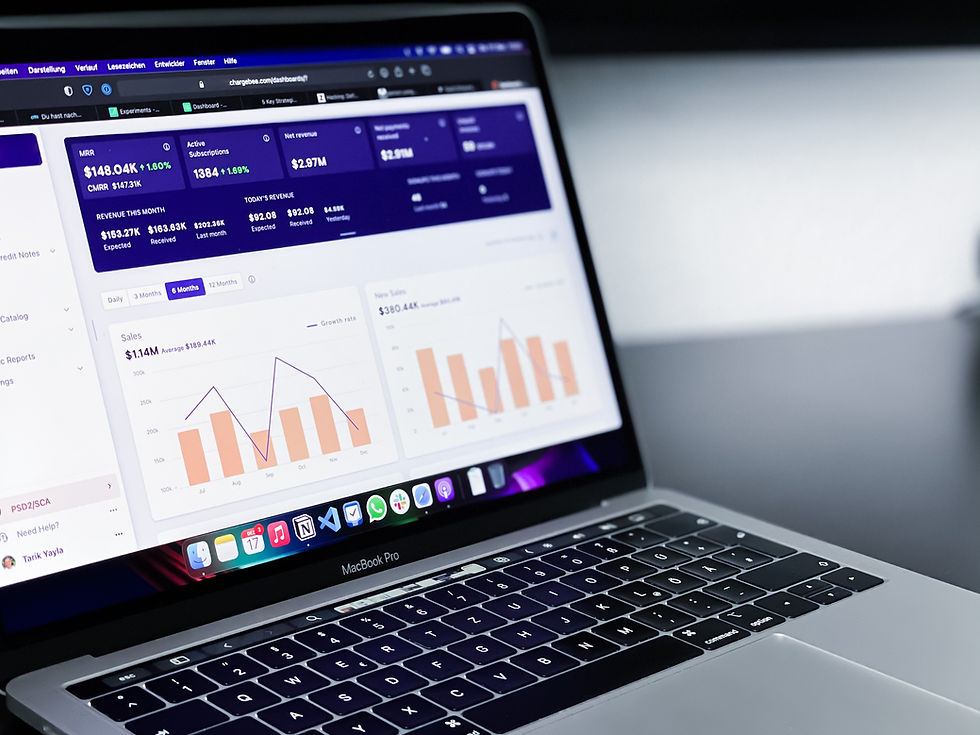Marketing Analytics Tools and Platforms
- ankit60harris
- Aug 28, 2024
- 2 min read
Marketing analytics tools and platforms are essential for collecting, analyzing, and visualizing data from various marketing channels and campaigns. These tools help businesses gain insights into customer behavior, campaign performance, and overall marketing effectiveness. While there are numerous options available, it's crucial to choose the right tool(s) that align with your business needs, budget, and existing technology stack.

Some popular marketing analytics tools and platforms include:
Google Analytics: One of the most widely used web analytics tools, Google Analytics provides valuable insights into website traffic, user behavior, and campaign performance. It offers robust tracking capabilities, customizable reports, and integration with other Google products.
Adobe Analytics: Part of the Adobe Experience Cloud, Adobe Analytics is a powerful solution for analyzing customer data across multiple channels, including web, mobile, and offline touchpoints. It offers advanced segmentation, predictive analytics, and real-time reporting capabilities.
Mixpanel: Mixpanel is a product analytics platform that helps businesses understand user behavior and engagement within their web and mobile applications. It provides real-time data, funnel analysis, and cohort analysis, making it ideal for product-focused companies.
Salesforce Marketing Cloud: Salesforce Marketing Cloud is a comprehensive marketing automation platform that includes analytics capabilities. It allows businesses to track and analyze email campaigns, social media interactions, and customer journeys across multiple channels.
Tableau: Tableau is a powerful data visualization and business intelligence tool that can be used for marketing analytics. It offers a user-friendly interface for creating interactive dashboards and reports, enabling businesses to gain insights from their marketing data.
When choosing a marketing analytics tool or platform, consider factors such as:
Integrations: Ensure the tool can seamlessly integrate with your existing marketing tools, CRM, and other systems to provide a comprehensive view of your data.
Scalability: Select a solution that can grow with your business and handle increasing data volumes and complexity.
Customization: Look for tools that offer customization options, such as custom reports, dashboards, and data visualization capabilities, to meet your specific needs.
User-friendliness: Consider the tool's ease of use and the learning curve required for your team to effectively utilize its features.
Support and resources: Evaluate the availability of support, documentation, and training resources provided by the vendor.
It's also important to involve stakeholders from different departments, such as marketing, sales, and IT, in the selection process to ensure the chosen tool meets the needs of the entire organization. Additionally, consider conducting a proof-of-concept or trial period to evaluate the tool's performance and fit before making a long-term commitment.



